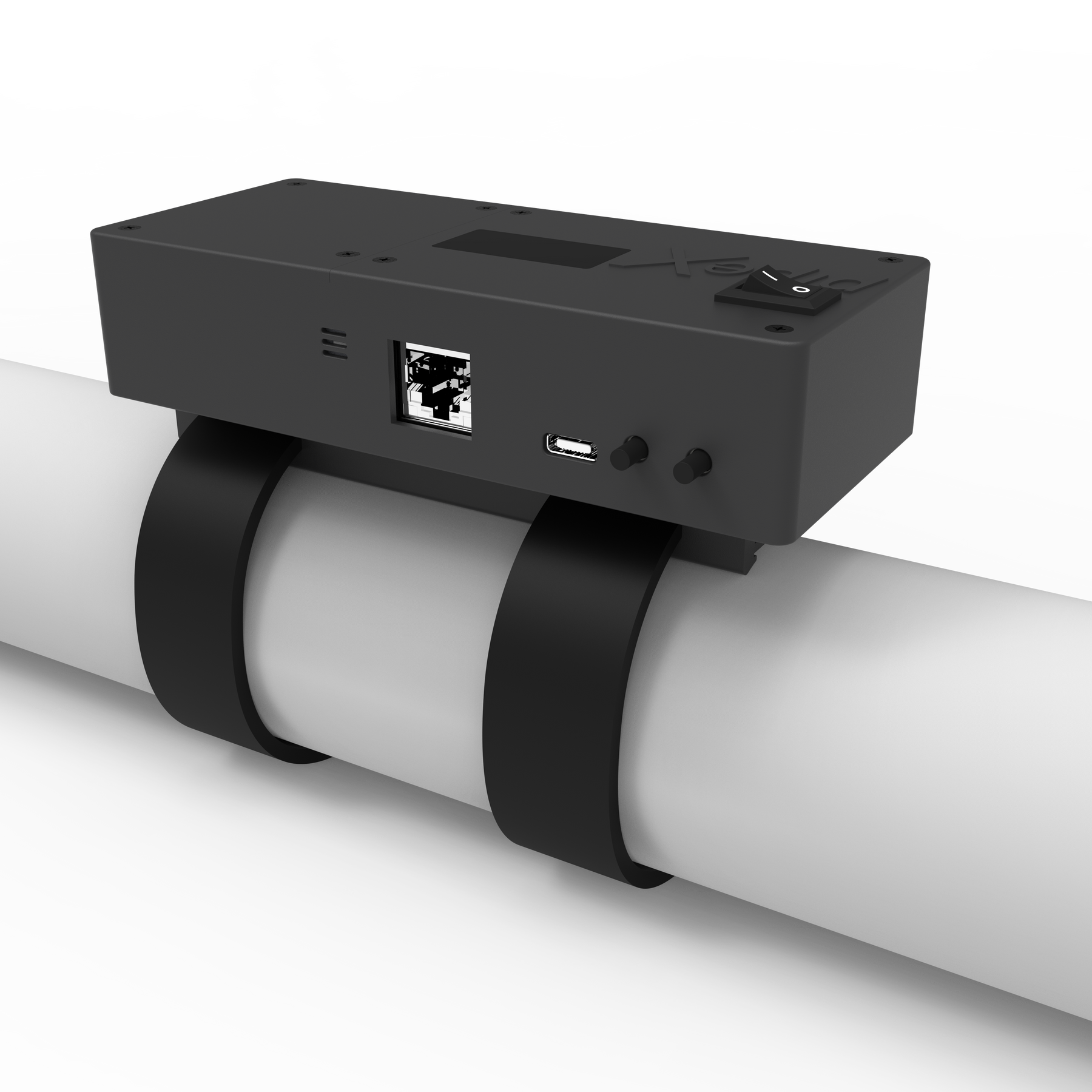Winter can be harsh, and if you are a homeowner with an irrigation system, its crucial to know how to protect your irrigation system from freeze. Freezing temperatures can wreak havoc on your irrigation lines, sprinkler heads, and valves. In this article, we will dive into the steps and precautions you need to take to safeguard your irrigation system during the cold months. Understanding these steps will ensure your garden remains lush and your irrigation system remains operational when spring arrives.

Why Protect Your Irrigation System from Freeze?
Protection from freeze damage is not just about maintenance; it’s about preventing costly repairs and ensuring your systems longevity. When water in the irrigation system freezes, it expands, causing pipes to burst and leading to extensive water damage.

Understanding the Components of Your Irrigation System
Valves and Pipes
The heart of your irrigation system lies in its valves and pipes. Frozen water can cause these components to crack or burst. Winterizing these parts is essential.
Sprinkler Heads
Sprinkler heads are susceptible to freezing. Water left in the heads can freeze, causing internal damage.

Preparing Your Irrigation System for Winter
Shutting Off the Water Supply
The first step is to locate and shut off the main water supply to your irrigation system. This prevents additional water from entering the system and freezing.
Draining the System
Draining all the water from your system is vital. This includes the pipes, valves, and sprinkler heads. Use manual drain valves or automatic drain valves to remove any water.
Using Air Compressor to Blow Out the System
To ensure no water remains in the system, use an air compressor to blow out any remaining water in the irrigation lines. This method requires caution, as too much pressure can damage the pipes.
Installing Insulation
Insulate your pipes and valves to protect them from freezing temperatures. Use foam pipe insulation and insulating tape for best results.
Checking for Leaks and Repairs
Inspect your system for any leaks or damaged parts before and after winterizing. Repair any issues immediately to avoid exacerbating the damage.
Regular Maintenance
Regular maintenance of your irrigation system throughout the year is essential. It helps in early detection of potential issues and ensures the system operates efficiently.
Utilizing Modern Technology
Modern technology provides smart solutions for irrigation systems. Consider using smart controllers and sensors that can help in monitoring and protecting your system against freezing temperatures.
Hiring a Professional
If you are unsure about winterizing your irrigation system, consider hiring a professional. Their expertise ensures that every component is addressed correctly.
When to Start Winterizing
Start the winterizing process well before the first frost. Early preparation ensures that no component is left vulnerable to freezing temperatures.
Storing Equipment
Store any removable parts, such as sprinkler heads and hoses, indoors during winter. This prevents them from being damaged by the cold weather.
Using Anti-Freeze Products
There are specific anti-freeze products designed for irrigation systems. These can be used as an additional measure to protect your system.
Ensuring Safety
While winterizing your system, always ensure safety. Wear appropriate protective gear and follow manufacturer instructions.
Benefits of Protecting Your System
By protecting your irrigation system, you extend its lifespan, save on repair costs, and ensure your garden is ready for the next growing season.
Emerging Trends in Irrigation Technology
Stay updated with the latest trends in irrigation technology. Innovations are making it easier to maintain and protect systems from extreme weather.
FAQs
How often should I check my irrigation system?
Its recommended to check your irrigation system at least once every month.
Can I winterize my irrigation system myself?
Yes, you can! By following proper steps and using the right tools, you can winterize your system effectively. However, if you’re unsure, hiring a professional is always a safe option.
What should I do if I find a frozen pipe?
If you find a frozen pipe, thaw it slowly using a hairdryer or warm towels. Avoid using open flames or heaters, as this can damage the pipes further.
For more details on irrigation systems, visit this Wikipedia page on irrigation.
Check out how power generators can support during harsh weather conditions.
Learn how home repairs can make a significant difference in maintaining your irrigation system.
Discover the role of organizations in supporting homeowners with irrigation system maintenance.
As an Amazon Associate, I earn from qualifying purchases.
